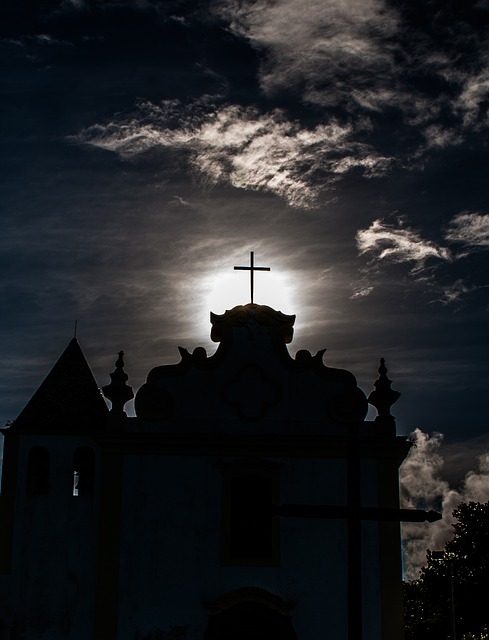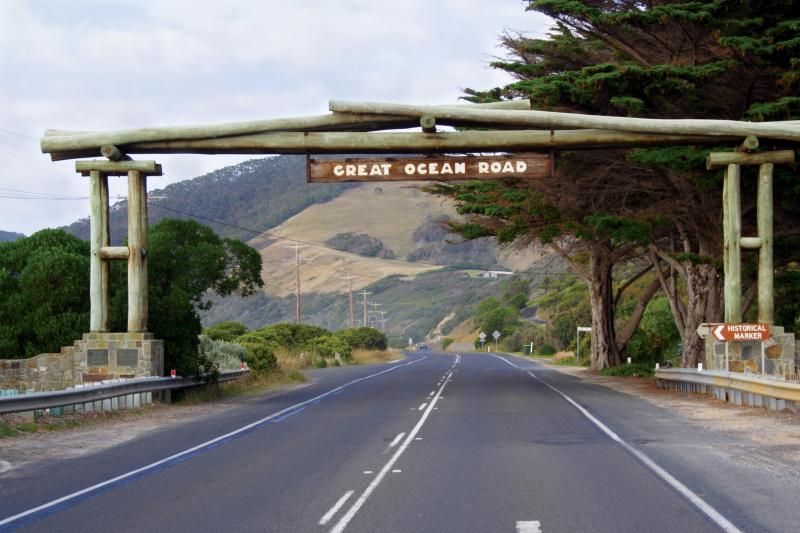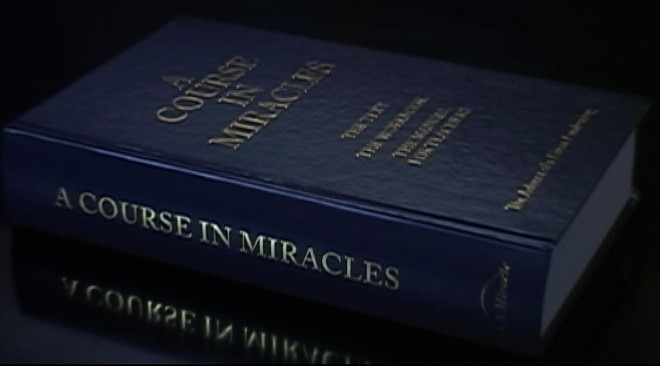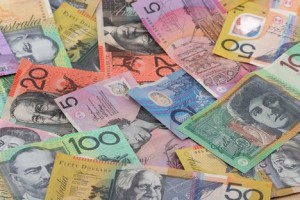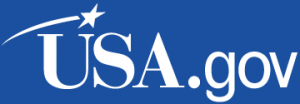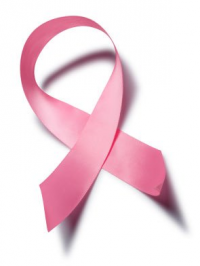Easter Reflections
It’s Easter and time to reflect on its true meaning. Why did Jesus die on the cross? What is the meaning of the resurrection? Initially I intended to do separate posts on these two aspects of Easter but they are so intertwined that you cannot discuss one without the other.
It has been said that Jesus died for us, that his humiliation, suffering and death was a “once for all atonement” which brought about the forgiveness of human sin. His death on the cross supposedly reveals to us God’s love for human beings and His merciful and forgiving nature. However, is it not a slur on the character of God to suggest that He only shows mercy upon receipt of adequate sacrifice, that He is only satisfied by the spilling of the blood, immeasurable pain and the death of this innocent and great man? It seems to be a terrible contradiction that God’s love and mercy are subject to the payment of a debt which mankind came to owe Him and that this debt is repaid by Jesus’ death on the cross.
Sin has not been eliminated from this world and to this we can all attest. Therefore, we must ask what is this sin for which Jesus died? It has been claimed that Jesus’ death absolves us from the original sin of Adam and Eve who disobeyed God and fell from His Grace. Adam and Eve then passed this sin to their children, through whom the rest of mankind was cursed with its inheritance. Damning all of humanity as a result of evil-doing by ancestors is not in the nature of a love and mercy. Surely God understands that sin and evil-doing are the conscious and deliberate acts of a person and not the result of an automatic transmission from parent to child.
If not for this then why did Jesus die? To answer this we must look at what he taught. Jesus taught love, forgiveness, peace. He taught substance over form, that what matters is not the act but the spirit in which it is performed. It is not the following of rules that brings one closer to God but the love of your human brothers and sisters. The ego must be released in order to find the Kingdom of Heaven.
Jesus’ death, therefore, shows us that the ego, in the form of narcissism, self-interest and materiality, will fight back when threatened. In order to enable them to cling to the power, wealth and fame to which they became accustomed it served those in powerful positions to eliminate Jesus. His innocence did not matter. His teaching was dangerous because it showed that saving your soul is a matter of self-examination rather than performing a process, following blindly and exalting authority.
The “original sin” was not really a sin but a choice, an act of disobedience of children wanting to go out into the world and make their own mistakes. Mistakes were made but Jesus showed us that to correct them all you need is a change of mind. If you substitute self-interest, materiality and the intoxication of power with love and forgiveness you are already in the Kingdom of God. The resurrection, therefore, reveals that love and spirit will always triumph over the trappings of the ego. It proves that life is everlasting and love cannot be destroyed.
Road test tourist drivers
Recently there have been calls for road-testing tourist drivers. In January of this year two Chinese nationals were killed near Port Campbell. They were driving on the wrong side of the road when they hit another vehicle. Over the years there have been many such incidents in every state of Australia and a significant number of people have lost their lives or been severely injured.
According to RACV Research Report 14/02 Crash Risk of International Visitors to Victoria (May 2014) analyses of crash data suggest that:
- visitors are at a greater risk when they first arrive;
- visitors from right-hand drive countries are over-represented in Transport Accident Commission (TAC) claims on a per visitor basis;
- when involved in a crash, drivers licensed overseas are more likely to be at fault than Victorian license holders.
It was reported in the Herald Sun on 7 March, 2015 (p 15) that James Purcell, a Western Victorian MP, has called on the Government of Victoria to “crack down on visiting motorists who are risking lives by ignoring local road rules”. Mr Purcell says he has been “inundated with horror stories about tourists, particularly along the Great Ocean Road.” The article also states that a Surf Coast Police Officer backed Mr Purcell’s plan for compulsory tests and said “unbelievable” incidents happened on the Great Ocean Road.
I am a regular driver and motorcycle rider along the Great Ocean Road and can attest to the fact that “unbelievable” incidents occur. Tourists make it a very dangerous place and we should be concerned, as should our government. In the previously mentioned RACV report it is stated that Coronial reports showed that many of the fatalities involving international visitors to Victoria occurred on the Great Ocean Road and the Prices Highway West.
It would seem that our State Government is unwilling to do anything about this problem. The same article in the Herald Sun states that a spokesperson for Luke Donnellan, Victoria’s Minister for Roads and Road Safety said “the government was not considering making international drivers do tests before they could drive in Victoria.” The Minister is aware of the problem but refuses to do anything about it. Does this make him responsible for road death and injury caused by tourists?
Hoons – Confiscate their cars
Hoons whose cars have been impounded are getting them back just by spouting a sob story . It seems that magistrates are readily giving the car keys back to those who have been involved in high speed police pursuits, doing burnouts, fishtails and wheelies in suburban streets and those charged with careless driving. It is reported that repeat offenders are the most successful in getting back their cars.
My view is that if the offender truly suffers hardship as a result of not having a car then perhaps they would have thought of that before committing the offence. Hoons place themselves and the rest of us at risk of injury or death. Ttheir cars should be confiscated and sold to pay for the cost of the policing required to get them off the road.
Magistrates and judges are supposed to be protecting the rest of society by sentencing offenders to appropriate punishment. However, all too often they don’t impose sufficient punishment, at least not that expected by society. This will be the subject of more detailed analysis in a future post but I do agree with Pauline Hanson who, on the Sunrise program, suggested a tribunal to review decisions of judges and magistrates. This tribunal should have the power to sack those who are not respecting the wishes and expectations of our society.
This is what death should be
It is an unfortunate reality that we will all face death. It may first be the loss of our friends or family members but inevitably we will be facing our own.
I have come to experience this reality first with the loss of my grandmother, with clients of my accounting and financial planning practice, with the passing of my dad and, most recently, the tragic loss of my 14 year old nephew. It causes pain and emptiness but I have found in Supplements to A Course in Miracles (Foundation for Inner Peace) some passages which have provided me with much comfort. They state:
Death…“merely signifies the end has come for usefulness of body functioning. And so it is discarded as a choice, as one lays by a garment now outworn.
This is what death should be; a quiet choice, made joyfully and with a sense of peace, because the body has been kindly used to help the Son of God along the way he goes to God. We thank the body, then, for all the service it has given us. But we are thankful, too, the need is done to walk the world of limits, and to reach the Christ in hidden forms and clearly seen at most in lovely flashes. Now we can behold Him without blinders, in the light we have learned to look upon again.
We call it death, but it is liberty. It does not come in forms that seem to be thrust down in pain upon unwilling flesh, but as a gentle welcome to release. If there has been true healing, this can be the form in which death comes when it is time to rest a while from labour gladly done and gladly ended. Now we go in peace to freer air and gentler climate, where it is no hard to see the gifts we gave were saved for us. For Christ is clearer now; His vision more sustained in us; His Voice, the Word of God, more certainly our own.
This gentle passage to a higher prayer, a kind forgiveness of the ways of earth, can only be received with thankfulness. Yet first true healing must come to bless the mind with loving pardon for the sins it dreamed about and laid upon the world. Now are its dreams dispelled in quiet rest. Now its forgiveness comes to heal the world and it is ready to depart in peace, the journey over and the lessons learned.” S-3.II.1-4.
I pray for all those who are going though hardship, illness and loss and hope that the above passages also provide them, and you, with a sense of comfort and peace.
Please share with us anything that may have comforted you in times of sadness or loss.
A Course in Miracles may be purchased at Booktopia. You may also wish to read A Return to Love which is reflection of the course.
Saving & Investing – Free Advice
Planning your financial welfare? There is a wealth of free information available in every country. Most governments are interested in ensuring that their citizens are well advised in financial matters. Here are some links where free information is available as a start of your journey towards financial welfare:
Australia
Moneysmart website is operated by Australian Securities & Investments Commission
United States of America
Saving & Investing (operated by the USA Government) and/or Investor (operated by the U.S. Securities & Exchange Commission)
United Kingdom
Money Advice Service was established by the government of the United Kingdom.
We will also be providing free advice on how to plan your finances and investments in order to ensure that you have the best chance of achieving your financial goals.
Favourite Songs
Recently some Australian politicians were asked to name their favourite songs. While Tony Abbott’s number 1 is Suspicious minds by Elvis Presley, Barnaby Joyce (Deputy Prime Minister) went for Across the Universe by the Beatles. U.S. President Barack Obama had previously provided an extensive list most of which I haven’t heard but will endeavour to.
This prompted me to think of what my favourite would be. I think my number 1 would have to be:
- November Rain – Guns n Roses
Other contenders would include:
- The sad café – The Eagles
- The last song – Elton John
- Empty garden – Elton John
- Memories – Elvis Presley
- You shook me all night long – AC/DC
- It’s a long way to the top – AC/DC
- Imagine – John Lennon
- Let it rain – Jon Bon Jovi & Luciano Pavarotti
- Miss Sarajevo – U2
- Stay (Faraway, so close) – U2
- Misunderstood – Robbie Williams
- One Love – Bob Marley
- Universally speaking – Red Hot Chilli Peppers
- Let it be – The Beatles
- In my life – The Beatles
- Streets of Philadelphia – Bruce Springsteen
- Brilliant disguise – Bruce Springsteen
- Salt water – Julian Lennon
- Good year for the roses – Elvis Costello
- Have I told you lately – Van Morrison
- The killing of Georgie – Rod Stewart
- Glory road – Neil Diamond
I might add to this list a little later.
What do you think? Any other suggestions?
Exercise & Cancer
My partner is in treatment for breast cancer. During our discussions with both her Surgeon and Oncologist we were advised that vigorous exercise reduces the risk of cancer. Engagement in lots of physical activity also reduces the likelihood of cancer returning in those who have survived the disease. The evidence is compelling and the National Cancer Institute outlines some of the research. They state that:
- adults who increase their physical activity can reduce the risk of developing colon cancer by 30-40 per cent relative to those with sedentary lifestyles;
- physically active women have a lower risk of developing breast cancer (between 20 to 80 per cent) than inactive women;
- women who are physically active have a 20 to 40 per cent reduced risk of endometrial cancer. The greatest reduction in risk is among women with the highest levels of physical activity;
- the most physically active individuals experience about a 20 per cent reduction in the risk of lung cancer;
- it is possible that men who are physically active experience a reduction in prostate cancer. Regular vigorous activity may slow the progression of prostate cancer in men 65 year of age or older.
The Economist, in the February 27th – March 4th, 2016 (Volume 418 Number 8978) on pages 70-71 state that researchers now understand why exercise protects against cancer. The answer is adrenalin. They report that a team of researchers at Copenhagen University Hospital in Denmark, lead by Pernille Hojman, using mice in their studies, found that tumours of “well-exercised mice contained more immune cells than equivalent tumours from inactive animals.”
Therefore, the evidence is compelling. We need to be much more physically active not only to reduce cancer risk but also to:
- reduce weight (and all the benefits associated with weight reduction);
- decrease the risk of cardiovascular disease;
- prevent or manage stroke, type 2 diabetes, arthritis;
- reduce depression and improve mood;
- boost energy.
With all these benefits to be had, let’s get cracking.
Remember Cats in the Cradle
This morning the Sunrise program on Channel 7 ran a story of children in the United Kingdom being asked their feelings about the amount of time their parents spend on their phones and computers. These children felt “stressed”and “sad” about being ignored and felt like their parents didn’t care about them. According to Dr Michael Carr-Gregg children need only 8 minutes of undivided attention every single day but don’t seem to be getting it.
This reminded me of the Harry Chapin song Cats in the Cradle. It is the story of a father who doesn’t have time for his son. After constant rejection the son vows “I’m gonna be like him, yeah, you know I’m gonna be like him”. When the father retires and wants time with his son he finds that the roles have been reversed and now his son has no time for him saying “I’d love to, dad, if I can find the time”. And the father realises that “He’d grown up just like me, my boy was just like me”. The moral of the song being that you can’t expect more from your children that that which you have been willing to provide.
I have a 2 year old grandson and he’s the joy of my life. Every moment with him is special and wonderful. There is much to gain from spending time with your children and grandchildren. The time to start is now. Children grow up quickly. Before long it will be too late and you would missed out on something special, something that can’t be replaced.
After publishing this post I finished reading a book called When Breath Becomes Air # (to be reviewed in a later post) by Paul Kalanithi. Paul was a neurosurgeon dying from terminal cancer. He and his wife had a baby daughter shortly before he died (she was 8 months old). His appreciation and love for his child and the time he had with her was stated beautifully as follows:
” There is perhaps only one thing to say to this infant, who is all future, overlapping briefly with me, whose life, barring the improbable, is all but past. That message is simple:
When you come to one of the many moments in life where you must give an account of yourself, provide a ledger of what you have been and done, and meant to the world do not, I pray, discount that you have filled a dying man’s days with a sated joy, a joy unknown to me in all my prior years, a joy that does not hunger for more and more but rests, satisfied. In this time, now, that is an enormous thing.”
# Kalanithi, Paul. (2016). When Breath Becomes Air. Random House.
The book may be purchased from Booktopia.
Categories
- Book Reviews (1)
- Crime & Punishment (2)
- Economics & Welfare (5)
- Finance & Investment (3)
- Health & Fitness (2)
- Music (4)
- Poetry (4)
- Politics & Law (7)
- Society & Values (16)
- Spirituality & Religion (3)
- Travel (1)
- World Affairs (6)
